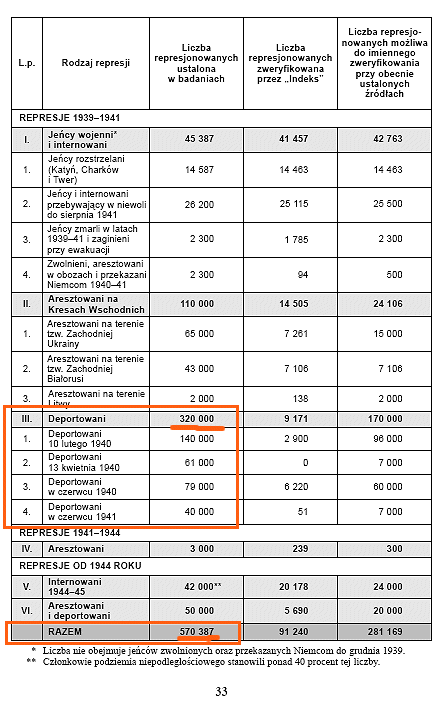Sorry Lexa is it you favorite method to tear the statements out the article and make the own conclusions?
You wrote
…they already were quite disappointed by each other after unsuccessful political negotiations
That’s right. But by the strange way you don’t notice what’ it was the reason of unsucsessfull previous negorations. If you would read the article more attentive you should found
Так или иначе, по инициативе Лондона дипломатическая изоляция СССР после Мюнхена была снята. Начался новый тур трудных переговоров. Англия и Франция предложили советскому правительству принять совместную декларацию, которая, однако, не предполагала никаких обязательств Англии и Франции в случае прямого нападения Германии на Советский Союз. Правда, Франция предложила более реалистический проект советско-французской декларации о взаимной помощи, однако под давлением Англии французское правительство само отказалось от своих идей.
…
…One way or another, on the initiative of London the diplomatic isolation OF THE USSR after Munich was taken. The new stage of difficult negotiations began. England and France they proposed to Soviet government to accept the joint declaration, which, however, assumed no obligations of England and France in the case of the direct attack of Germany in the Soviet Union. True, France proposed the more realistic project of Franco-Soviet declaration about the mutual aid; however, under the pressure of England French government auto forewent its ideas.
How do you think is it normal to demand from the USSR the war guaranties against Germany but don’t give simular guaranties for USSR?
This is not war alliance. Это развод ЛОХА.
If Germany invaded the USSR Britain could nothing did for the help ( as they nothing did it for the Poland). And could be represented by the Britain as “new anti-communist Crusade to the East of union Europe”. Nothing is more.
and …
Я располагаю текстом отчета Спенсера, при оценке которого надо учитывать стремление автора представить свою деятельность в наиболее благоприятном свете. Кроме того, этот отчет не содержит самого важного: меморандума, который был вручен английской стороной Герингу. Однако характерно, что перед вручением этого документа Спенсер счел необходимым заверить, что ведущиеся Англией переговоры с СССР «не должны пониматься как проявление какой-либо симпатии к русскому методу правления. Конечно, в Англии есть люди, выступающие за политические связи с Россией. Но они ведут себя тихо, их мало, и они не располагают влиянием». О содержании меморандума можно судить и по тому, что, прочитав его, Геринг заявил, что в Англии рассматривают Чемберлена как «творца конференции в Мюнхене». Что же касается угрозы конфликта из-за Данцига, было выдвинуто предложение созвать новое мюнхенское совещание четырех держав, без участия Польши и Советского Союза.
…
I have available (Author - my comment) the text of Spencer’s report, during estimation of whom one must take into account the tendency of the author to present its activity in the most favorable light. Furthermore, this report does not contain the very important: the memorandum, which was entrusted by English side to Hering. However, it is characteristic that before the presentation of this document Spencer considered it necessary to certify, that the led by England talks with THE USSR "must not be understood as the manifestation of any sympathy to the Russian method of administration. Certainly, in England there are people, which speak in favor of political connections with Russia. But they behave quietly, there are few of them, and they do not have available influence ". The content of memorandum can be judged also from the fact that, after reading it, Hering stated that in England is considered Chamberlain as the “creator of conference in Munich”. However, concerning the threat of conflict because of Danzig, was advanced proposal call the new Munich conference of four powers, without the participation of Poland and Soviet Union.
As we could see in that article the Britain suggestion could be (or not) were represented as the “second Munich”. For this time the Poland must be divided without Poland and USSR like Chechoslovakia was year ago.
In this condition there no any DOUB"T the alliance whith USSR was quite UNPOSSIBLE far long time till aug 1939.
But what’s is character France had a more responsible diplomacy ( it’s not strange France had no La Mansh as the barier from the German agression ;))
They tryed to stop Germany , but Chemberlain don’t support this idea.
P.S. thank you for the link but next time please don’t take the statements out of full context.
Cheers.

 They hoped to the Britain or France halp. How it was in reality we all know today.
They hoped to the Britain or France halp. How it was in reality we all know today.
